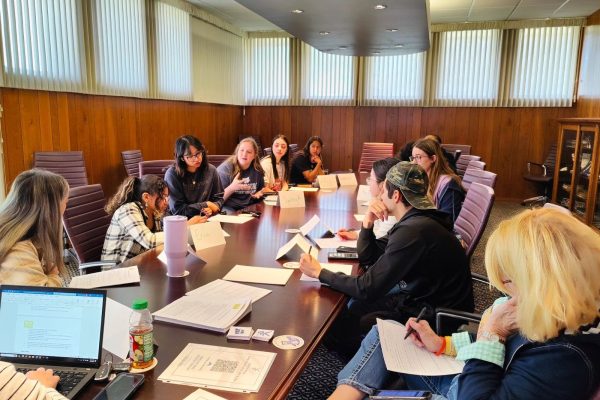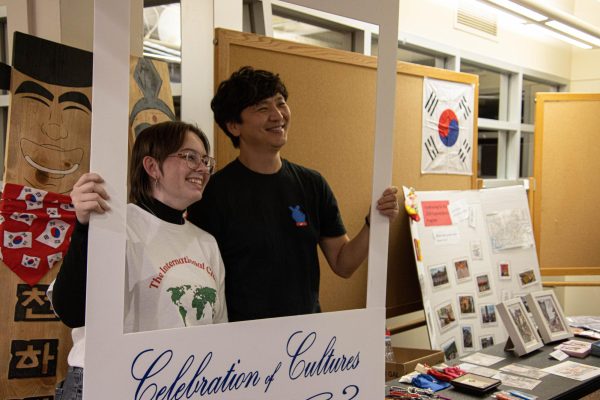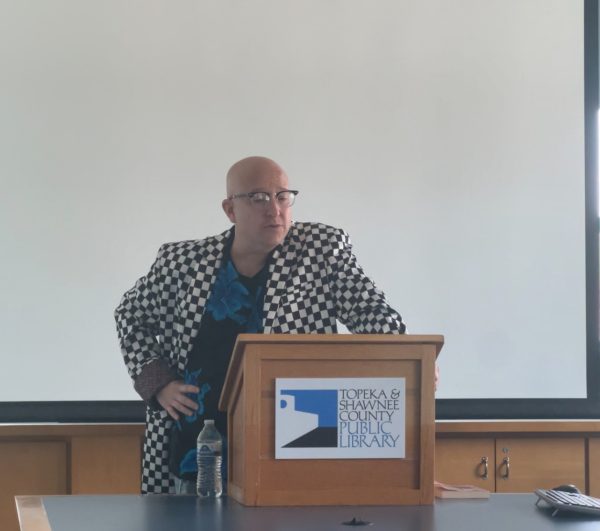Students succeed in push for wellness days to be added to spring calendar
Time Well Spent: Washburn adds two wellness days to the revised spring 2021 academic calendar. They hope that students will use them to rest and reset in order to reach academic goals.
Most years, Washburn’s academic calendar is uncontroversial and often does not sway from the usual breaks and events. However, due to the ongoing COVID-19 pandemic, this year demanded revisions for the upcoming spring semester.
On October 1, Washburn’s Academic Affairs team published a revised spring 2021 academic calendar and sent a campus-wide email announcing the removal of spring break.
Regarding the new changes, Vice President for Academic Affairs, JuliAnn Mazachek, stated in the email, “Please know that this decision was not made lightly, and we thoroughly explored an exhaustive set of possibilities before arriving at this final decision.”
This change was suggested by the Washburn’s Academic Calendar Committee but was ultimately endorsed by Mazachek and Washburn University President, Jerry Farley.
WSGA President, Victoria Smith, sat in on the initial Academic Calendar Committee meetings, and knew about the removal of spring break before other students. She was dissatisfied with the committee’s decision but felt like her voice went unheard during the meetings.
“I was really against not giving us any breaks. I definitely said that there needs to be mental health days, and at first, they obviously didn’t listen to that,” Smith said.
After announcing the new schedule, student opinions began to form, and negative feedback began to make its way to the Academic Affairs team.
Hannah Kirby, communication studies major with minors in mass media and theatre, was not surprised with the schedule change but was overwhelmed after realizing that the change meant there would not be any breaks within the semester.
“I feel like I’ve barely made it through the past few weeks without a break, so I wasn’t sure how I could handle four months,” Kirby said. “I know there are a lot of students struggling right now so I felt for them because everyone deserves a break, especially students.”
The feedback from students, faculty and WSGA opened an opportunity for the Academic Affairs team to reevaluate their decisions about the academic calendar.
“Student government was unhappy with the original academic calendar and asked that Dr. Mazachek and I come to a meeting to hear their concerns,” said Jennifer Ball, associate vice president for Academic Affairs.
The WSGA senate wrote a resolution to explain the need for break days. Additionally, Smith planned a public forum for students to continue the conversation with administration and push for three wellness days to be added to the calendar.
“We had about 30 or 45 minutes of public forum, of just students speaking about their personal experience this semester so far and why taking away mental health days was bad,” Smith said.
Mazachek and her team absorbed the provided information, and informed WSGA a week later that they would add two wellness days to the academic calendar, which are scheduled for February 26 and April 2.
“After the break days were added, I would say that I don’t know that they [students] were overwhelmingly ecstatic or anything like that, but I think they were pleased that days were added,” Ball said.
Although WSGA did not receive their request for three wellness days, Smith is looking at the bright side of the situation since two wellness days are better than none.
Kirby feels similarly. She was disappointed with the new schedule but is still appreciative that Washburn leadership listened to the feedback from WSGA and students.
Kirby believes that breaks are important and beneficial for students and professors. She plans to use her wellness days to relax, implement creative hobbies, complete chores and run errands that she is too busy for when she has class and homework.
Ball hopes that the Washburn community will be able to get rest, regroup and refocus on their work, and relieve stress and anxiety while staying as safe as possible.
“We definitely understand that even under the best of circumstances, breaks are necessary and a good idea,” Ball said. “It’s just that in these really difficult times, we have to balance so much. We want to make sure that everybody is as safe as possible, we want to make sure that people are able to meet their academic goals and we want people to be able to have breaks and rest.”
Edited by: Matthew L. Self
Your donation will support the student journalists of Washburn University. Your contribution will allow us to purchase equipment and cover our annual website hosting costs.










